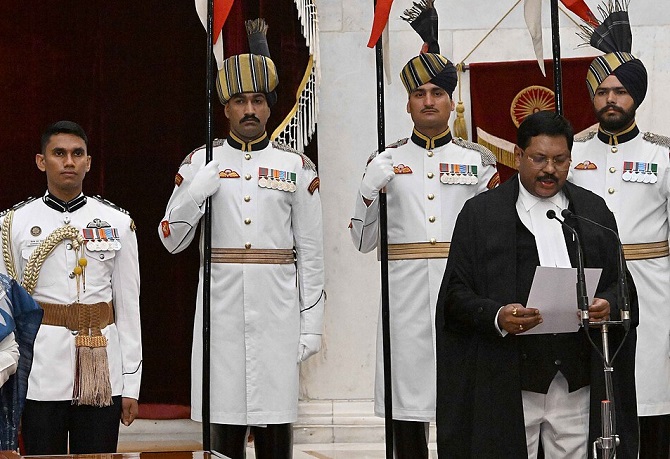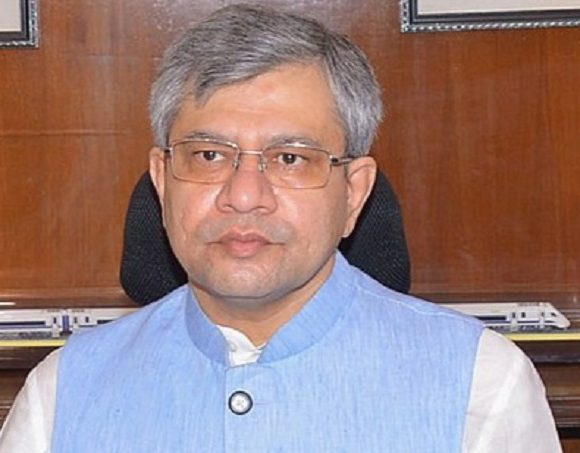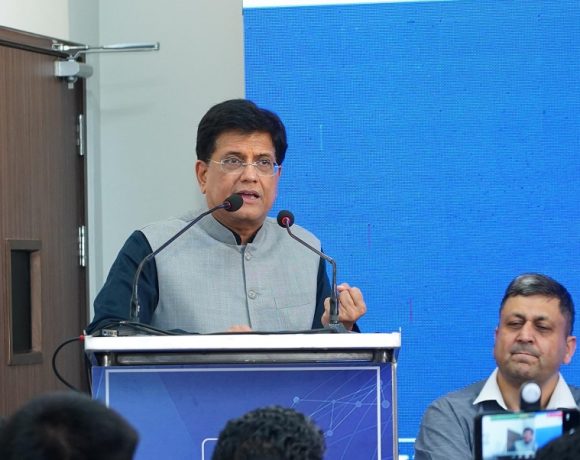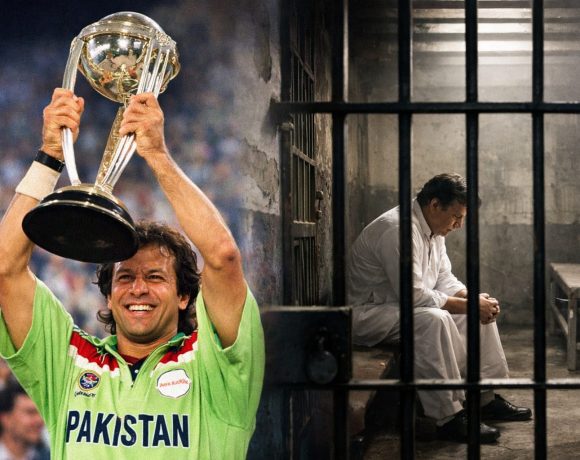
CJI Gavai Urges Judges to Avoid Post-Retirement Government Roles
Chief Justice of India (CJI) Bhushan R. Gavai has issued a strong caution to members of the judiciary, advising them to refrain from accepting government positions or contesting elections immediately after retirement. According to him, such moves could seriously damage the credibility and neutrality of the judiciary in the eyes of the public.
Addressing a roundtable on judicial independence, the CJI emphasized that the moral authority of the judiciary stems not from electoral legitimacy but from public confidence. He stressed the importance of both real and perceived impartiality in maintaining the judiciary’s role as a pillar of democracy.
CJI Gavai revealed that he and some of his colleagues have taken a conscious decision to decline any government-offered positions post-retirement. He warned that even the perception of judges being rewarded for favorable decisions could be harmful to the institution’s image, regardless of the actual integrity involved.
His remarks come amid increasing scrutiny over former judges accepting roles in politics or government soon after stepping down. Examples in recent years have reignited debate on whether a cooling-off period should be mandated to preserve institutional sanctity.
The Chief Justice also did not shy away from acknowledging instances of judicial misconduct. He underlined the need for internal accountability and swift action in cases involving ethical breaches, corruption, or abuse of authority. Upholding transparency and swift disciplinary measures, he said, were critical to restoring and retaining public faith.
Among recent reforms he highlighted were live-streaming of Constitution Bench hearings and the publication of judges’ asset declarations. These steps, he said, were part of an effort to build public trust without compromising judicial independence.
CJI Gavai’s statements mark a strong and timely intervention, reinforcing the need for judicial self-regulation, ethical clarity, and principled conduct—especially at a time when the judiciary’s credibility is increasingly being tested in public discourse.


















